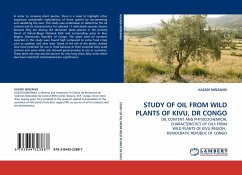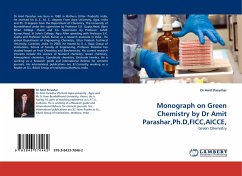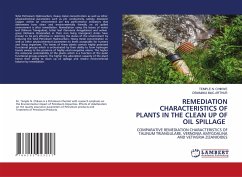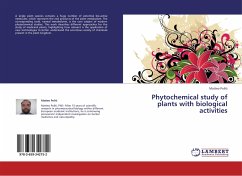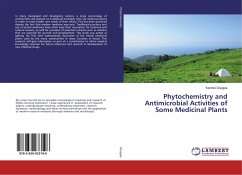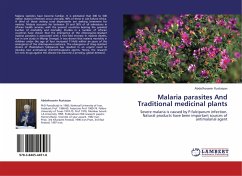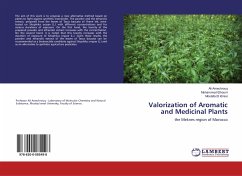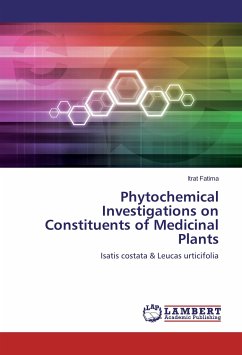In order to conserve plant species, there is a need to highlight other important sustainable exploitations of these species by documenting and validating the uses. This study was undertaken to determine the oil content and its characteristics for selected 11 wild plants species chosen because they are among the dominant plant species in the primary forest of Kahuzi-Biega National Park and surrounding areas in Kivu Region, Democratic Republic of Congo. The plant seed oil contents reported in this study were found high compared to some food crops such as soybean and olive seed. Some of the oils of the plants studied here have potential for use in food because of their essential fatty acids content and some other oils showed good promise in use in cosmetics. These plant oils may also be sources for very long chain fatty acids which also have important chemotaxonomic significance.
Bitte wählen Sie Ihr Anliegen aus.
Rechnungen
Retourenschein anfordern
Bestellstatus
Storno

